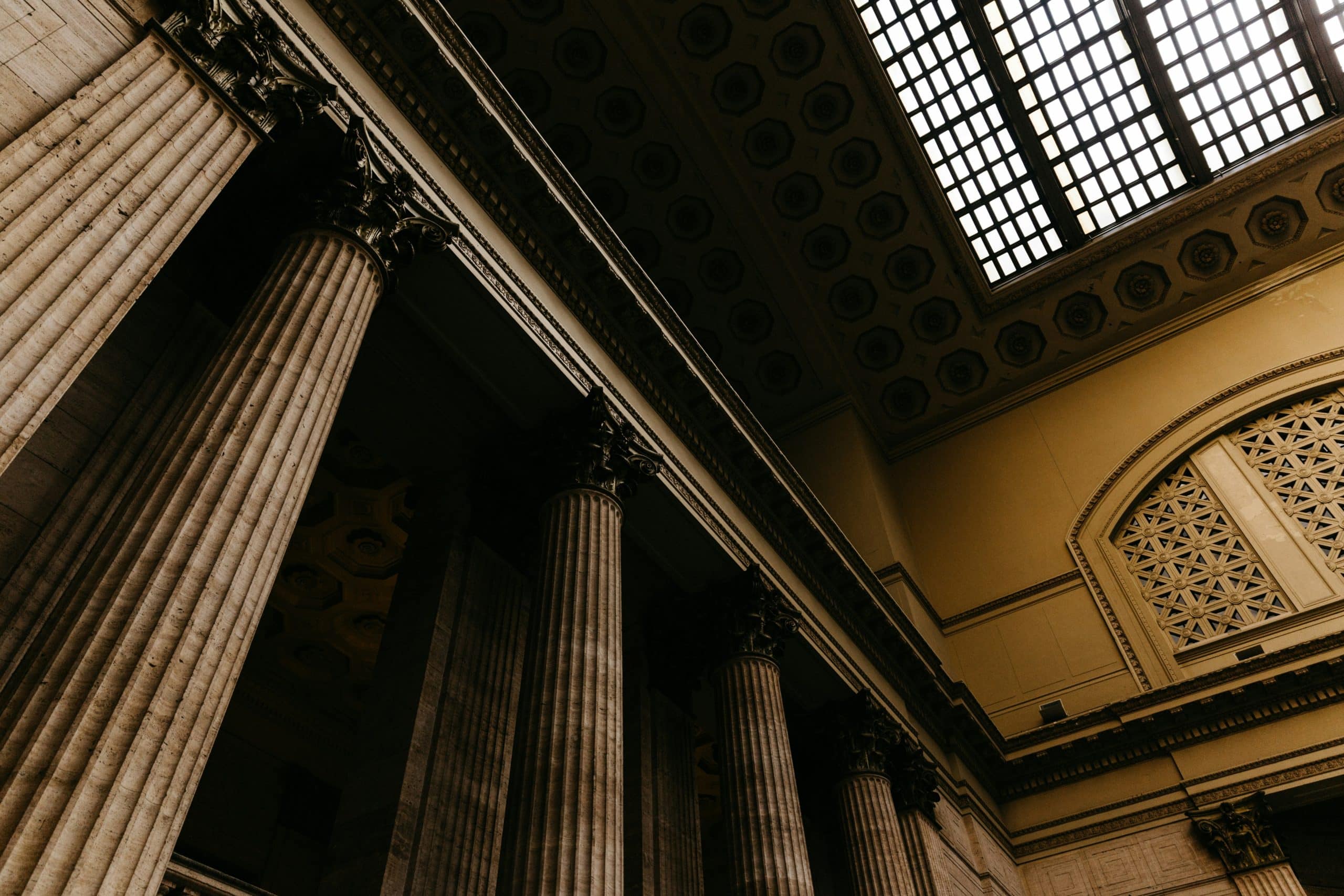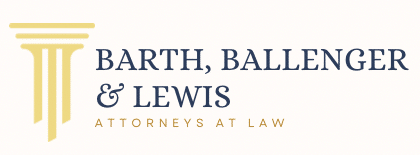Services
Determining Fault in Slip and Fall Accidents
August 23, 2024
by BB&L Developers
Bookmark

Each year, the Centers for Disease Control (CDC) estimates that 700,000 people are hospitalized for head injuries and hip fractures due to falls. Additionally, medical costs related to falls are approximately $34 billion annually. Falls have the potential to cause serious injury, and often require costly medical services. Sometimes falls occur due to our own carelessness; however, when a fall is the result of someone else’s negligence, you may be entitled to compensation for your injuries. The following is an explanation of the conditions in which a property owner may be liable for injuries you sustained in a fall.
Who Is Liable?
In order for owners to be held liable for injuries related to a fall on their property, one of the following three situations must be true:
- The property owner, or an employee caused the conditions responsible for your fall (e.g. they spilled water on the floor).
- The owner had knowledge of the dangerous conditions and did nothing about it (e.g. they knew about the spill and did nothing).
- The owner should have known about the dangerous conditions of the property due to “reasonable” upkeep and maintenance (e.g. the spill has been there for a 3 days).
The third situation occurs most frequently, and can be the most difficult to determine because a judge and jury must determine what is “reasonable.”
What Does “Reasonable” Mean?
Determining reasonable actions often requires common sense to predict what an average person would do in a certain situation. For example, if there is a spill in a store, it is reasonable to assume that an employee would discover the spill in a timely fashion, and make efforts to block the spill, and clean it up to avoid customer injury. If it is determined that the spill was caused by another customer, but was not discovered by employees for several hours, then it is possible that the property owner can be held liable from injuries sustained from slipping and falling in that spill.
Was It Your Fault?
You must also be willing to consider if your behavior in any way contributed to your injury. Some questions to ask yourself include:
- Did I have a valid reason for being in the dangerous location and should the owner have expected me to be there (e.g. a grocery aisle)?
- Would a cautious person have identified and avoided the dangerous condition?
- Was there any notification of the dangerous condition (e.g. signage, employees blocking off the area)?
- Were you behaving in any way that contributed to the fall (e.g. horseplay, texting while walking)?
If you or someone you know has sustained an injury from a fall on someone else’s property, and you believe the property owner is liable, contact the legal professionals at Barth, Ballenger & Lewis located in Florence, South Carolina to discuss your options today!
